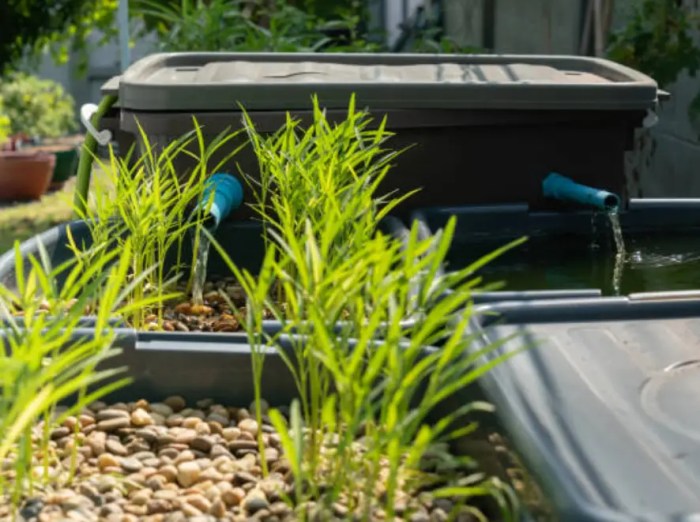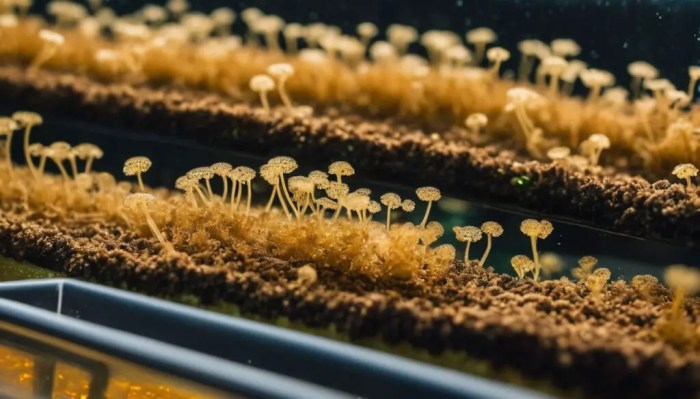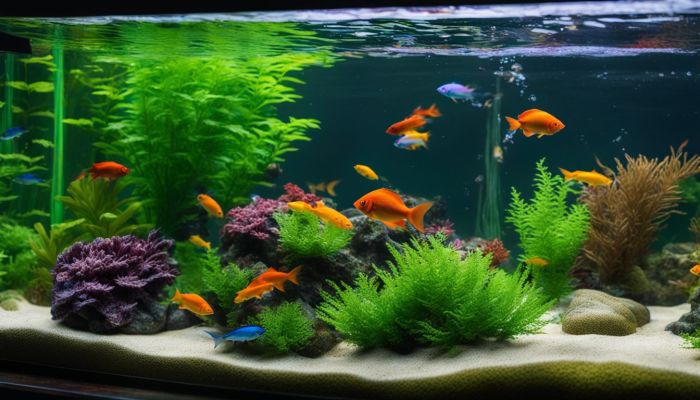What role do bacteria play in an aquaponics system – In the realm of aquaponics, where nature’s harmony intertwines, bacteria play a pivotal role, orchestrating a symphony of microbial processes that sustain the delicate balance of this integrated ecosystem. From nutrient cycling to pollutant removal, bacteria serve as the unseen guardians of aquaponics systems, ensuring the well-being of both plants and fish.
Role of Bacteria in Aquaponics Systems

Bacteria play a crucial role in aquaponics systems, facilitating essential processes that maintain water quality, support plant growth, and promote fish health. These microbial communities perform a variety of functions, including nitrification, denitrification, organic matter decomposition, biofiltration, and probiotics.
Nitrification
Nitrification is a process in which bacteria convert ammonia, a toxic waste product of fish metabolism, into nitrites and then into nitrates. This conversion is crucial for maintaining water quality, as ammonia can be harmful to fish at high concentrations.
Specific bacterial species involved in nitrification include Nitrosomonas(which oxidizes ammonia to nitrites) and Nitrobacter(which oxidizes nitrites to nitrates).
Denitrification
Denitrification is the process by which bacteria convert nitrates into nitrogen gas, which is released into the atmosphere. This process is important for preventing nitrate accumulation in aquaponics systems, as high nitrate levels can be detrimental to plant growth. Bacterial species involved in denitrification include Pseudomonasand Alcaligenes.
Organic Matter Decomposition
Bacteria are responsible for breaking down organic matter, such as fish waste and uneaten fish food, into simpler compounds that can be utilized by plants as nutrients. This process is essential for nutrient cycling in aquaponics systems. Bacterial species involved in organic matter decomposition include Bacillusand Clostridium.
Biofiltration
Bacteria play a key role in biofiltration, the process of removing pollutants from water. In aquaponics systems, biofilters are used to remove ammonia, nitrites, and nitrates from the water. Specific bacterial species involved in biofiltration include Nitrosomonas, Nitrobacter, and Pseudomonas.
Probiotics, What role do bacteria play in an aquaponics system
Beneficial bacteria, known as probiotics, play a vital role in promoting fish health in aquaponics systems. These bacteria help to maintain a healthy gut microbiome in fish, which can prevent disease outbreaks. Common probiotic bacterial species used in aquaponics include Lactobacillusand Bacillus.
Question Bank: What Role Do Bacteria Play In An Aquaponics System
What is the significance of nitrification in aquaponics systems?
Nitrification, a process mediated by bacteria, converts toxic ammonia into less harmful nitrites and nitrates, ensuring a healthy environment for aquatic organisms.
How do bacteria contribute to denitrification in aquaponics?
Denitrifying bacteria play a crucial role in removing excess nitrates from the system, preventing nitrate accumulation and potential harm to plants and fish.
What is the role of bacteria in organic matter decomposition within aquaponics?
Bacteria break down organic matter into simpler compounds, releasing nutrients essential for plant growth and maintaining a balanced ecosystem.
How does biofiltration benefit aquaponics systems?
Bacteria involved in biofiltration remove pollutants and organic waste from the water, ensuring a clean and healthy environment for aquatic life.
Why are probiotics important in aquaponics?
Probiotics, beneficial bacteria, support fish health by suppressing harmful pathogens and promoting a balanced microbiome.


